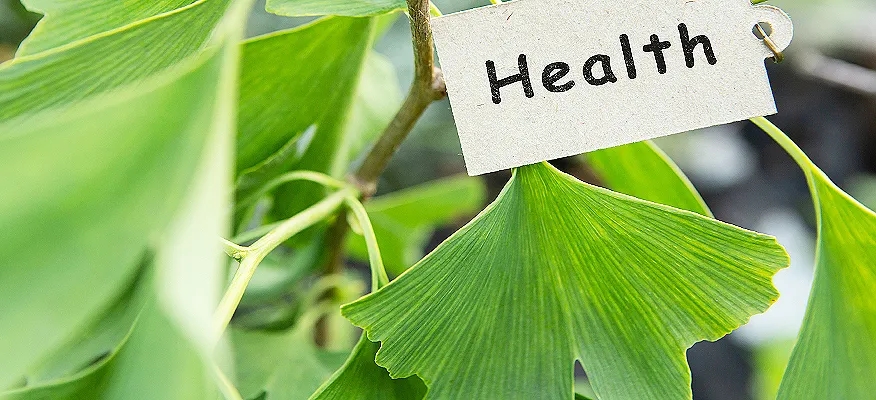Discover the Power of Ginkgo Biloba for Holistic Health
- By Jillian Lai Mei Siew
- 05 Nov 2024
- Verified by Dr. Sharmila Samararanayake

Key highlights or summary
- Ginkgo biloba is a powerful neutraceutical known for its significant health benefits.
- It has been widely used for cognitive health and memory enhancement.
- Ginkgo biloba can be consumed in different forms, such as tablets, capsules, or tea.
- Potential side effects may occur if not taken as directed or in excessive dosage.
- Choosing the right supplement is crucial to ensure its effectiveness.
- Always consult a healthcare professional before starting any new supplement regimen.
Rate our article
We'd love to know!
- 0
- 0
- 0
- 0
- Ginkgo Biloba - StatPearls - NCBI Bookshelf
- Ginkgo biloba Information | Mount Sinai - New York
- Ginkgo - Mayo Clinic
- Ginkgo | NCCIH
- Ginkgo Biloba - Health Encyclopedia
- Ginkgo Biloba: Uses, Interactions & Side Effects
- Ginkgo Biloba: Risks and Benefits | Poison Control
- Multifaceted Therapeutic Benefits of Ginkgo biloba L.: Chemistry, Efficacy, Safety, and Uses
Related articles
See AllFrequently asked questions
Get the information you need.
While Ginkgo biloba is frequently touted as a potential remedy for tinnitus, it's important to remember that no definitive scientific consensus has been reached yet. Some studies suggest it might be beneficial, but more research is needed to confirm these findings.
Presently, there is no conclusive evidence that Ginkgo biloba causes cancer. However, like any supplement, it should be used with caution and under professional guidance. Always consult with your healthcare provider before starting any new health regimen.
Ginkgo biloba has properties that may help improve blood flow; hence, it's sometimes thought of as a blood thinner. However, it's not a substitute for prescribed blood thinning medications. If you're on such medication, speak with your healthcare provider before using Ginkgo biloba.
If you're considering Ginkgo biloba for altitude sickness, it's best to consult a healthcare provider for personalized advice. Though some research shows promising results, the dosage and timing can vary based on individual factors.
Making your own Ginkgo biloba extract at home can be quite complex and risky due to the precision required in the process. It's safer and more effective to purchase commercially available extracts that have been prepared under controlled conditions.
Growing Ginkgo biloba requires patience as it's a slow-growing tree. It needs well-drained soil and plenty of sunlight. You can grow it from seeds or purchase a young sapling from a nursery.
There's no scientific evidence linking Ginkgo biloba to hair loss. On the contrary, some studies suggest it might actually promote hair growth due to its potential impact on blood circulation. However, everyone is unique, and reactions to supplements can vary.
Ginkgo biloba improves blood flow to various parts of the body, including the brain. It also has antioxidant properties that help protect cells from damage.
Some research suggests that Ginkgo biloba may have a calming effect and help with conditions like anxiety. However, it's not a substitute for professional help or prescribed medication for anxiety disorders.
Yes, the terms 'Ginkgo leaf' and 'Ginkgo biloba' are often used interchangeably. Ginkgo biloba is the name of the tree, while Ginkgo leaf refers specifically to its leaves, which are used in making supplements and extracts.
How was the experience with article?
We'd love to know!